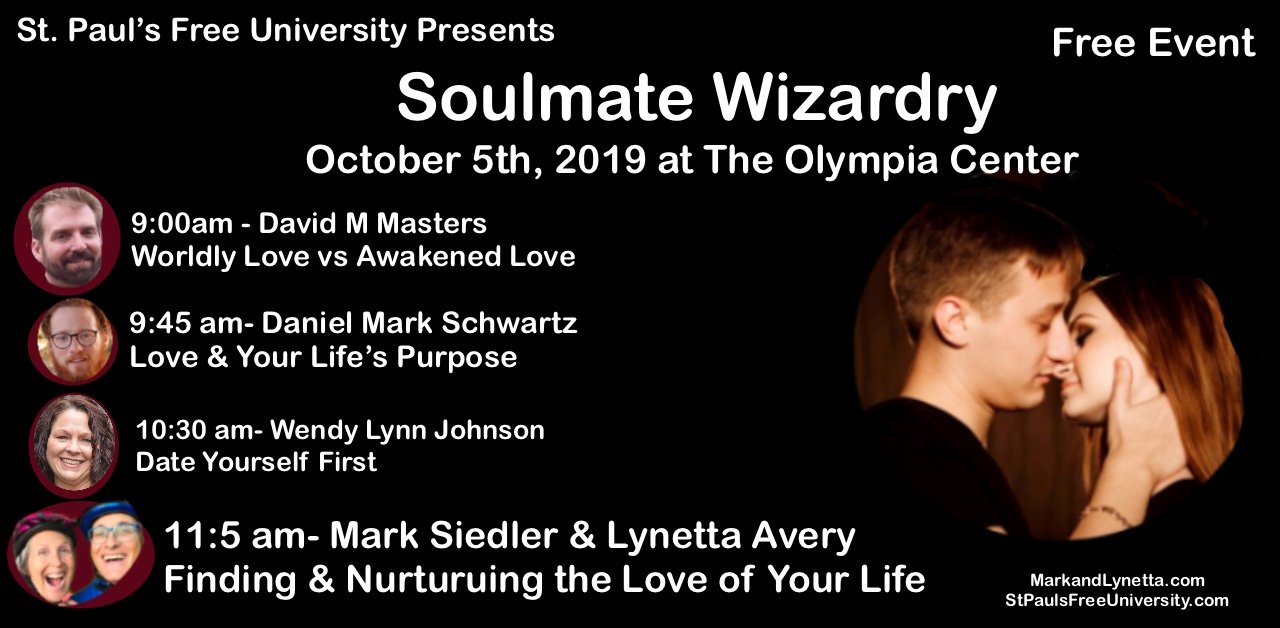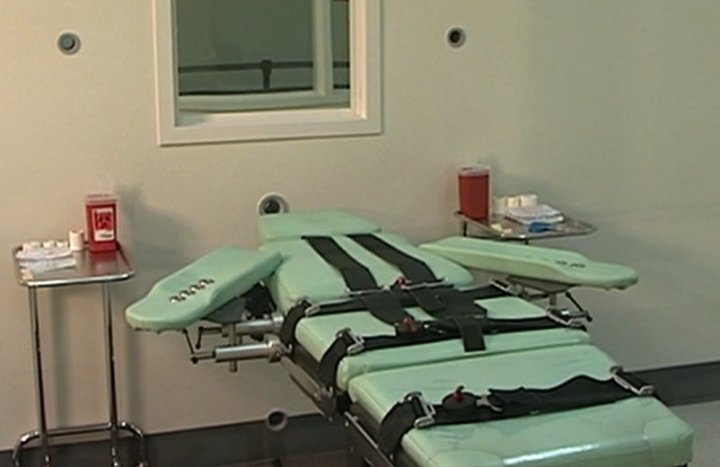If the idea of unconditional love causes you to feel anxious there’s a good chance there is some emotional healing that is needed before you can fully embrace the idea. We are all a collection of emotional wounds from our past which prevent us from fully enjoying all the best things this life has to offer.
In an effort to find ways to survive the maze of all that life can throw at you, you create a defensive system just to navigate the potential angst you can face on a daily basis. You don’t want to feel bad, rejected, threatened, or experience emotional pain, so you make it a priority to protect yourself from being vulnerable.
Yet, love is all about letting go and being vulnerable.
While we all want to be loved unconditionally, the idea of loving someone else this way can be very frightening, leaving you fearful of what might happen if you let down your guard. Your protection of yourself can be interpreted by onlookers, or potential love interests, as hostility or anger.
You may find yourself pushing away a potential love interest, finding fault, potentially offering up false accusations, impulsively challenging, judging, or rejecting any openness, compassion, or closeness because you are overwhelmed by the pain from your past relationships (which can go far back, even to early childhood relationships).
You may be unaware of the source of your angst, still, you remain defensive, embroiled in defensive thought, overwhelmed by fault-finding, seeing “red flags,” or finding ways to blame anyone or anything for justifying your negative feelings.
Just the fact that you were emotionally hurt or betrayed by someone you fully loved and trusted from your past can create an alarm that sounds triggering your defensive response any time you feel yourself starting to trust or love.
When you were a child, you loved unconditionally, often only to be abrasively and suddenly make keenly aware that you cannot trust those who you believed would never hurt you. You carry these unhealed emotional wounds into adulthood, as you collect more corroborative evidence along the way.
As a child, you idealize or idolize your parents, and when they discipline you, you feel rejected, still, to survive, you assume responsibility and accept that you must have done something wrong or were bad, even when you did nothing wrong. You might carry this into an adult romantic relationship, as you seek to replace your parents with a different kind of life mate.
We all desire to grow and expand in a safe environment with another to forge a life and emerging with a family of our own as we mature. When ancient texts suggest, like St. Paul did, “that a man leave his father and mother, and shall cleave to his wife; and the twain shall become one flesh,” (Ephesians 5:31) note that it says to “cleave” not to cling. To cleave is like the grafting of two trees into one, so that the one tree can bear two types of fruit. There is no separation, yet the fruits of both trees are there for all to see and be enjoyed by the community.
This is the natural desire of an adult, yet your conscious and/or unconscious mind reasons that no one can be trusted, and if you do trust anyone, they will turn on you, causing you to experience sadness, pain, and/or emotional trauma.
If you’ve ever fully trusted and loved someone, only to have your whole world shattered into a million pieces, like the man who didn’t believe in love, what right-thinking person would willingly put themselves in that place of vulnerability again?
You can go on through life, asserting your independence by not needing anyone, “I can do it myself.” Doing so keeps others at arm’s length (and a beer bottle) and isolates you keeping from deeply connecting another or others. “I don’t need anyone.”
You may find ways to fill the void by immersing yourself in your career, hobbies, or addictions if you are unable to love yourself unconditionally. You might be surprised to learn that the same conditions you impose on others regarding trust and love, you also place upon yourself.
If you really desire to love another, you must first find the love for you within yourself. Then, this love can overflow to be shared with others.
See you at the Soulmate Wizardry event.



